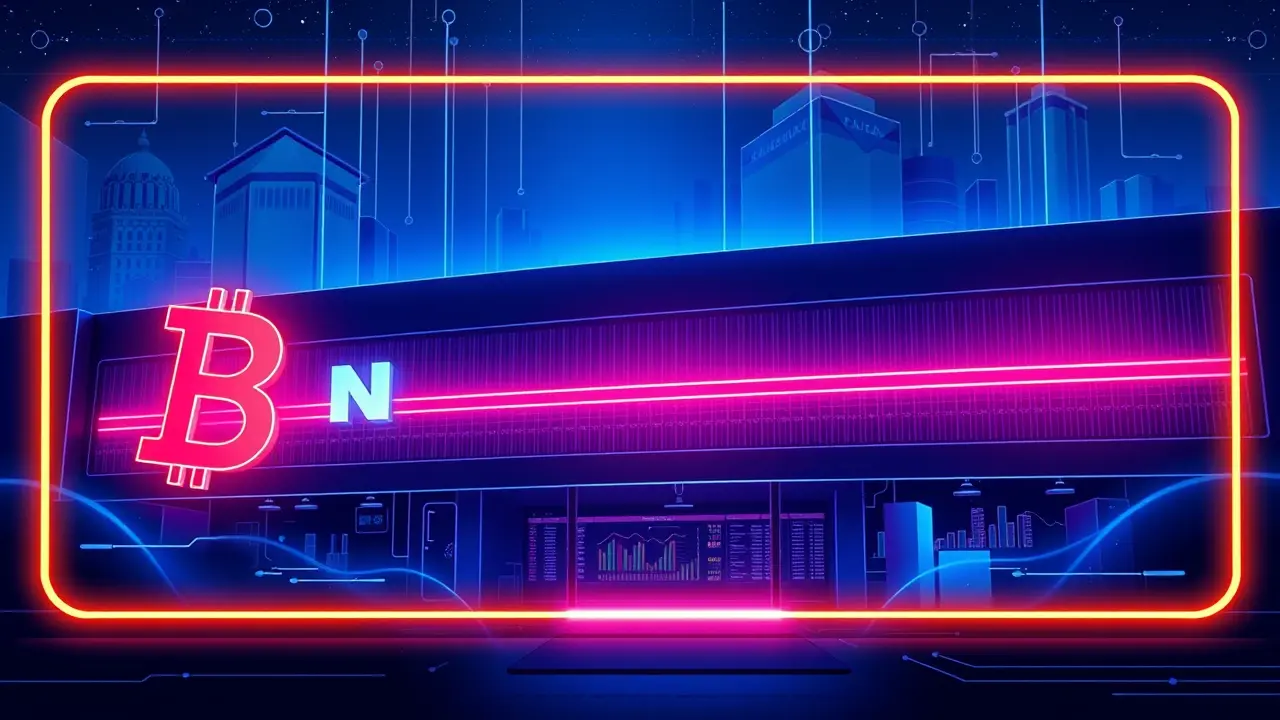Ondo Finance Urges SEC to Delay Nasdaq Tokenization Plan Over Transparency Concerns
In a move that underscores the growing pains of merging traditional finance with the digital asset frontier, Ondo Finance, a heavyweight in the decentralized finance arena with a staggering $1. 7 billion in total value locked, has publicly called upon the U.S. Securities and Exchange Commission to hit the pause button on Nasdaq's landmark tokenization proposal.The crux of their open letter, a significant intervention in the regulatory dialogue, centers on a profound lack of transparency regarding a foundational component of the plan: the settlement system managed by the Depository Trust Company. Nasdaq's filing from September 8 represents a potential watershed moment, the first listing of tokenized securities on a major U.S. exchange, a development that could theoretically bridge the chasm between the regulated world of Wall Street and the innovative, often opaque, realm of blockchain-based assets.However, Ondo Finance is sounding a clear alarm, arguing that proceeding without a full public airing of the DTC's new settlement mechanics is not just premature but perilous. They posit that such opacity could inadvertently—or perhaps intentionally—cement an unfair competitive advantage for the legacy financial titans, the very institutions that have historically viewed crypto with skepticism, while simultaneously creating insurmountable barriers to entry for the agile, newer firms that are the lifeblood of the DeFi ecosystem.This isn't merely a technical squabble; it's a philosophical battle for the soul of the future financial system. Will the integration of tokenized assets be governed by the same open, permissionless principles that underpin decentralized finance, or will it simply recreate the walled gardens and privileged access of TradFi in a new, digital guise? The DTC, a linchpin of the current financial infrastructure, developing a novel system for tokenized settlement behind closed doors raises critical questions about interoperability, censorship resistance, and ultimately, who gets to participate in and benefit from this new market structure.The SEC now finds itself at a crossroads, weighing the allure of American financial innovation against its mandate to ensure fair, orderly, and efficient markets. Ondo's plea is a calculated gambit, leveraging its substantial market presence to advocate for a more inclusive and transparent build-out of the financial rails of tomorrow. The outcome of this regulatory tussle will set a powerful precedent, determining whether the tokenization of everything from stocks to real estate will be a democratizing force or merely a new frontier for established players to dominate, potentially leaving the pioneering spirit of DeFi in the dust.
MA
Maya Chen123k2 days ago
wait so the big finance guys are building the new crypto rails in secret smh this is giving major walled garden vibes and not in a good way
0
MA
Marcus Thorne123k2 days ago
stay consistent, progress comes quietly this is how we build the foundations for a better system, not by rushing
0
